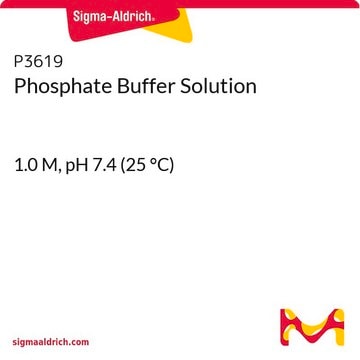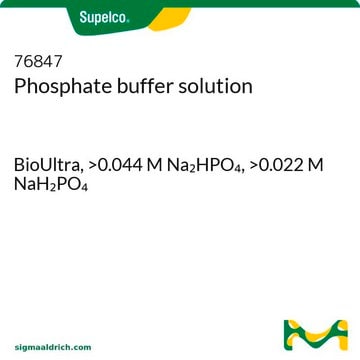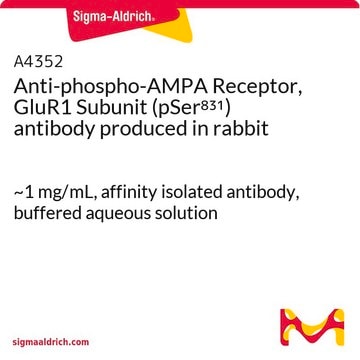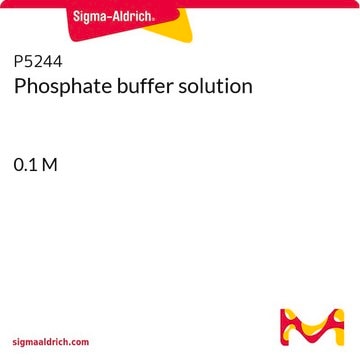MABN832
Anti-pan-AMPA receptor (GluR1-4), clone 2D8 Antibody
clone 2D8, from mouse
Synonym(s):
Glutamate receptor 1, GluR-1, AMPA-selective glutamate receptor 1, GluR-A, GluR-K1, Glutamate receptor ionotropic, AMPA 1, GluA1
About This Item
Recommended Products
biological source
mouse
Quality Level
antibody form
purified antibody
antibody product type
primary antibodies
clone
2D8, monoclonal
species reactivity
human, rat
technique(s)
ELISA: suitable
electron microscopy: suitable
immunocytochemistry: suitable
immunofluorescence: suitable
immunohistochemistry: suitable
western blot: suitable
isotype
IgG2bκ
shipped in
wet ice
target post-translational modification
unmodified
Gene Information
human ... GRIA1(2890)
General description
Immunogen
Application
Western Blotting Analysis: 1.0 µg/mL from a representative lot detected AMPA receptor (GluR1-4) in 10 µg of transfected human GluA1 HEK293, transfected rat GluA1 HEK293, transfected rat GluA2 HEK293, transfected rat GluA3 HEK293, and Mock transfected cell lysate.
Immunohistochemistry Analysis: A 1:250-1,000 dilution from a representative lot detected AMPA receptor (GluR1-4) in human cerebral cortex, human thalamus, rat cerebellum, and rat cerebral cortex tissue.
Immunocytochemistry Analysis: A representative lot detected AMPA receptor (GluR1-4) in Hela cells transfected with GluA1, GluA2, GluA3 and GluA4 (Courtesy of Dr John Morrison, Mount Sinai School of Medicine).
Immunofluorescence Analysis: A representative lot detected AMPA receptor (GluR1-4) in rodent, primate and human brain sections (Courtesy of Dr John Morrison, Mount Sinai School of Medicine).
Electron Microscopy Analysis: A representative lot detected AMPA receptor (GluR1-4) in rat hippocampus (Courtesy of Dr John Morrison, Mount Sinai School of Medicine).
ELISA Analysis: A representative lot detected AMPA receptor (GluR1-4) in TrpE fusion proteins (Courtesy of Dr John Morrison, Mount Sinai School of Medicine).
Quality
Western Blotting Analysis: 0.5 µg/mL of this antibody detected AMPA receptor (GluR1-4) in 10 µg of rat brain tissue lysate.
Target description
Physical form
Other Notes
Not finding the right product?
Try our Product Selector Tool.
recommended
Storage Class Code
12 - Non Combustible Liquids
WGK
WGK 1
Flash Point(F)
Not applicable
Flash Point(C)
Not applicable
Certificates of Analysis (COA)
Search for Certificates of Analysis (COA) by entering the products Lot/Batch Number. Lot and Batch Numbers can be found on a product’s label following the words ‘Lot’ or ‘Batch’.
Already Own This Product?
Find documentation for the products that you have recently purchased in the Document Library.
Our team of scientists has experience in all areas of research including Life Science, Material Science, Chemical Synthesis, Chromatography, Analytical and many others.
Contact Technical Service







